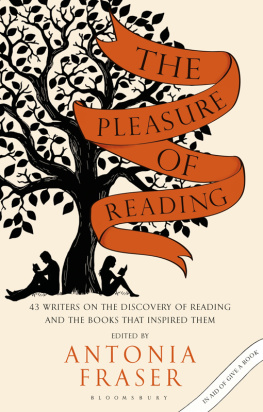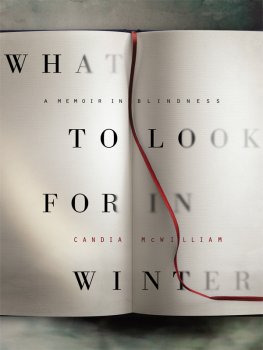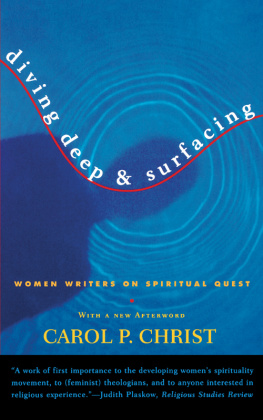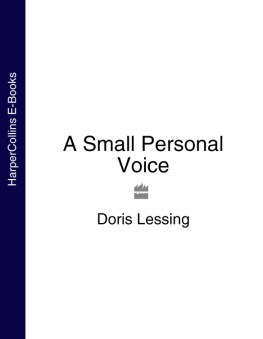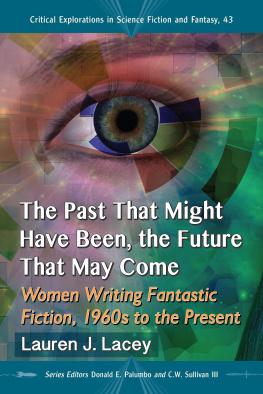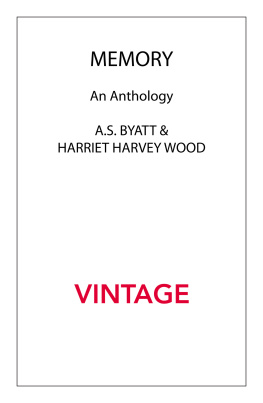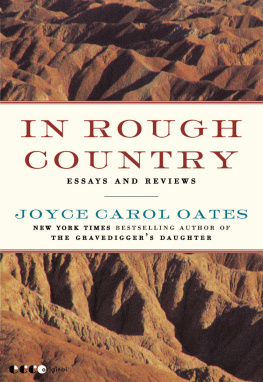THE PLEASURE OF READING
THE PLEASURE OF READING
Edited by Antonia Fraser

This new edition is dedicated to the memory of Simon Gray and Harold Pinter
Contents
by Victoria Gray
In the summer of 2009, the year after my husband Simon died, I found myself in a small bookshop in upstate New York. The young man at the checkout asked me if Id like to give someone a book. They had a local scheme collecting books for single mothers. There were three titles to choose from. I gave a copy of Great Expectations to a single mother I never met living in a trailer park in rural New York State. I hope it did something for her; I know it cheered me up.
Back in the UK I became convinced that there would be a way of doing something like this through the internet. I tested the idea on more experienced acquaintances, and wrote to a bookseller suggesting that the moment when the world is worried about the future of the book was the perfect time to celebrate giving a book. All reactions were positive.
Give a Book (UK registered charity no. 1149664) went live in May 2011. Our firm belief is that to give a book, to pass on a good read, is a transaction of worth not something thrown away, but a gift that is thought about and passed on out of generosity and respect. Our initial aim was to offer books where they would be of particular value in such places as Maggies Centres, Age UK and First Story for escape, companionship, imagination and challenge. We were adamant that we would not get involved with primary schools or prisons they were too huge for us and there were plenty of long-standing organisations who knew what they were doing.
Three years later, our largest projects are in prisons and primary schools. We almost always go in with the long-established organisations who indeed know what they are doing we have been privileged to learn from such places as The Reading Agency, National Literacy Trust, Beanstalk and Booktrust. Give a Book is very much needs-led and project-based. We go wherever the gift of a book will make a difference.
There is more information about our projects and partners on the website www.giveabook.org.uk. We go on donating books for book groups in Maggies Centres and Age UK. But the groups that Give a Book connects to mainly come from language-deprived worlds. Our work ranges from setting up Magic Breakfast Book Clubs for primary school children who come to school hungry in all sorts of ways, to helping make a library at a mother and baby refuge and supporting Prison Reading Groups. We also give mini-dictionaries to prisoners who complete the Six Book (Adult Literacy) Challenge and supply book bags for children visiting on prison family days.
The people who support us take having and giving books for granted, as second nature. It is the sea we swim in. This is also why we have our Book of the Month slot on the website where new guests tell us about the book that they particularly like to share. Every reader has one or more than one as you can see in this wonderful collection. There are people just around the corner who are nothing like as lucky, for whom such pleasurable addiction is behind a closed door. Giving a book to a person who really needs one helps open that door introducing them, in short, to the pleasure of reading.
Give a Book is delighted that Bloomsbury have decided to republish and refresh this excellent and timely volume, at the suggestion of Antonia Fraser, its original editor. And of course we are immeasurably grateful to all the contributors who have so generously shared their work.
Victoria Gray
London, 9 December 2014
by Antonia Fraser
WELL, what books has anyone brought? Thus my father, at the beginning of the Second World War, on a journey to the Isle of Wight for an Officers Training Course; intending to break the ice in the most conventional manner possible. There was complete silence. Finally one of his companions said in a voice of complete amazement: Books? But well find a book when we get there, wont we...? This story has always seemed to me to sum up the deep division that exists in the human race, regardless of any other more obvious distinction, between those for whom books are an obsession, and those who are prepared, good-humouredly enough, to tolerate their existence.
Belonging to the former category, I too have always been fascinated by other peoples reading. I am that irritating person who reads your book over your shoulder in the train or tube; somehow, you feel, purloining its secret. I have to admit that for a while I was baffled by Kindles (although very happy with one myself, as an essential weapon of travel). Then one day, swimming frustratedly in a hotel pool surrounded by Kindle-readers, I decided to move with the times. I rose up out of the water like an inquisitive mermaid and questioned each reader in turn. All answered politely and nearly all answered: John Grisham. (I began to think it was some kind of code.)
What do other people read? In profiles of public figures I always home in on their reading matter if any and make judgements accordingly. But of course the reading of other writers is the most fascinating of all; a truth is here revealed, as when looking at the houses in which famous architects actually live.
In this way, I came to suggest a collection of pieces by writers about their own reading for WHSmith, who wanted an appropriate volume to celebrate its bicentenary in 1992. This new version is being published twenty-three years later, with equal appropriateness, in aid of the charity Give a Book. Its detailed aims are related by Victoria Gray in her Preface: but its motto could be summed up by the title of this book: the pleasure of reading.
Originally it was decided to invite well-known writers (using the English language) of all ages and from backgrounds as diverse as possible. Very few refused and generally for the good writerly reason of needing to get on with their own work. The brief was simple. Writers were asked to describe their early reading, what did (or did not) influence them, and what they enjoy reading today. They were also asked if possible for a list of their ten favourite books. Some did not find this possible there were groans of I hate lists but however odious to compile, other peoples lists do make intriguing reading. Who could resist learning that J. G. Ballard rated the Los Angeles Yellow Pages among his favourite reading, or that for Paul Sayer it was the Timeform Black Book No 19, 26 February 1978/9?
For this new version, five additional writers were invited, born in the 1970s and 80s, and respectively a novelist, a travel writer, a biographer, a poet and a playwright: Kamila Shamsie, Rory Stewart, Katie Waldegrave, Emily Berry and Tom Wells. Fittingly, Tom Wells, the youngest contributor, calls attention to the phenomenon of the J. K. Rowling books. Everything is different when youre in love. And I absolutely loved Harry Potter. That was something I encountered for myself when I watched my granddaughter Atalanta reading the first book of the series at breakfast. Her eyes were glued to the precious page held in front of her nose: in order not to stop reading for a moment she attempted to spread marmalade on toast with her other hand without looking (with disastrous results).
So here are forty-three writers whose dates of birth range over seventy-six years. The countries in which they were brought up include Canada and China, Ireland and India, New Zealand and Nigeria, Syria and Southern Rhodesia (now Zimbabwe), even Germany during the 1930s followed by a flight from Hitler for Judith Kerr, for whom Dr Dolittles pushmi-pullyu still remains its German version of a
Next page
